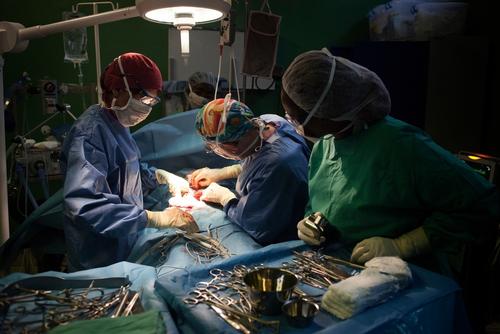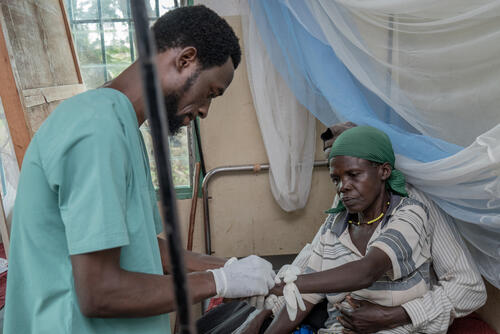Our teams in Burundi are responding to malaria, the leading cause of death and hospital admissions in the country, in five districts. We also respond to cholera outbreaks as they happen.
Our activities in 2023 in Burundi
Data and information from the International Activity Report 2023.
126
126
€3 M
3M
1992
1992
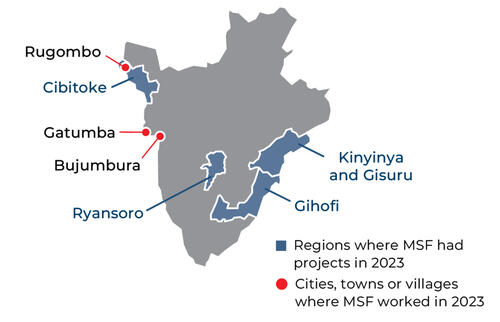

584,300
584,3
117,800
117,8
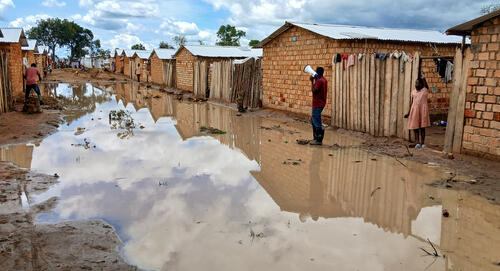
Burundi: Congolese refugees in Musenyi site face humanitarian and health emergency
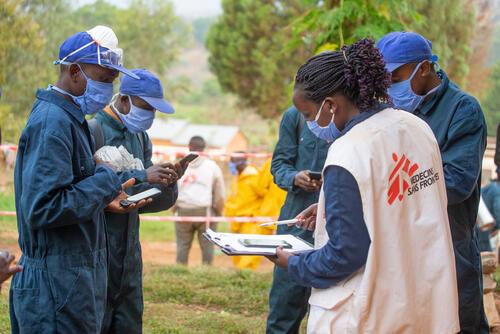
Pumps, bicycles and satellites: fighting malaria in Burundi
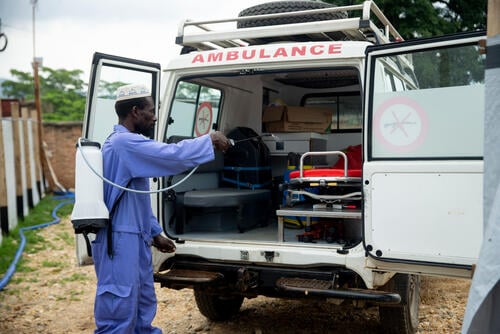
Cholera epidemic: "Thankfully, my family all came back cured"
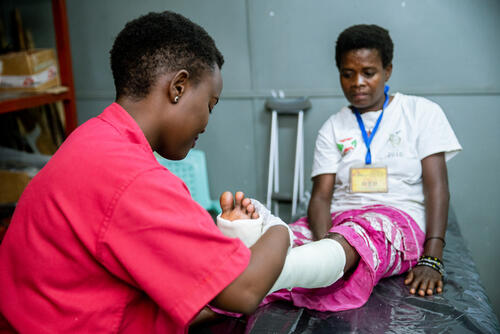
In Bujumbura, accident victims get back on their feet for free
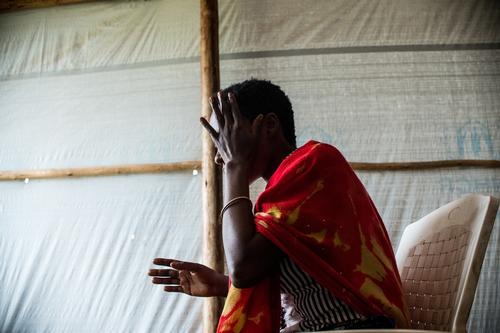
One year of turmoil for Burundian refugees
